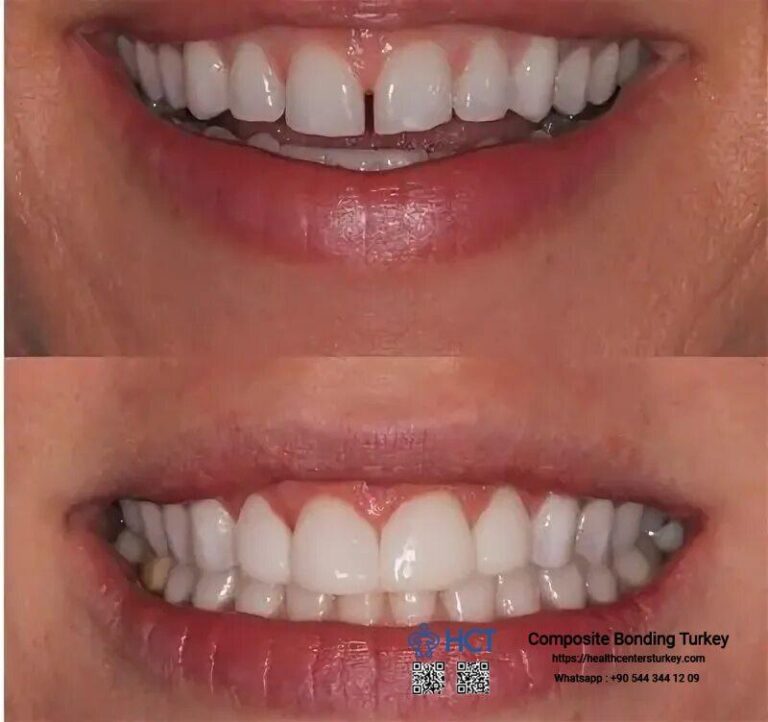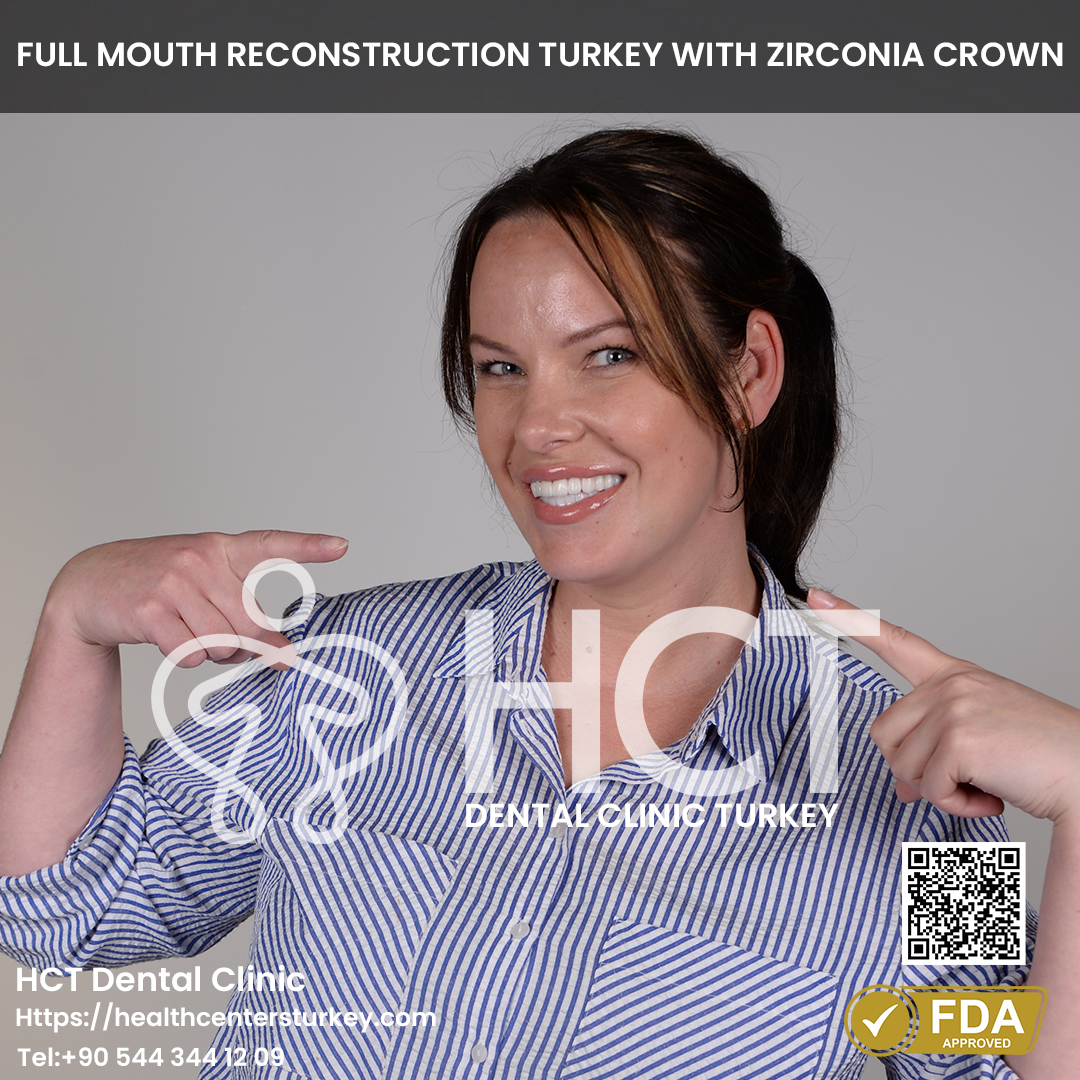Value-Driven Oral Health Veneers designed for Patients

Dental implants have become a focus in modern dentistry, providing a reliable resolution for those dealing with tooth loss. Among the multiple advantages they offer, one vital aspect price considering is their impression on adjacent teeth. Understanding how dental implants have an effect on surrounding teeth aids in making knowledgeable selections about oral health.
When a tooth is misplaced, neighboring teeth can easily shift toward the space left behind. This motion can lead to misalignment, which compromises the overall chunk and function of the mouth. Dental implants mimic natural tooth roots, thereby sustaining the position of adjacent teeth.
Showcasing the Leading Oral Health Solutions from Turkey for Beautiful Smiles
The stability offered by an implant is essential, because it helps in preserving not simply the physical alignment but in addition the structural integrity of the jawbone. When a tooth is missing, the underlying bone can begin to deteriorate due to lack of stimulation. An implant exerts pressure on the bone during chewing, much like a natural tooth, which promotes bone health.
In some cases, a bridge or partial denture may be considered as an alternative selection to implants. While these choices may restore some functionality, they will place extra stress on neighboring teeth. Bridges usually require filing down the encircling teeth to accommodate the anchors, thereby affecting their health over time. Dental implants, then again, do not alter current teeth, making them a extra conservative selection.
Enhance One's Smile through State-of-the-Art Dental Solutions
Hygiene turns into one other critical factor when contemplating adjacent teeth within the context of implants. With dental implants, the individual can maintain an everyday hygiene routine much like natural teeth. Flossing and brushing around the implant are simple, guaranteeing that the gum tissue remains healthy and minimizing the danger of gum disease that would adversely affect adjacent teeth.
Moreover, the supplies used in dental implants are biocompatible. This means they are designed to integrate properly with the physique, lowering the chances of an adverse reaction. This attribute not only makes the implant protected but additionally protects close by teeth from potential points that might come up due to contamination or infection.
In terms of aesthetics, dental implants offer a natural appear and feel, intently resembling unique teeth. Adjacent teeth profit from this aesthetic attraction as nicely. When an implant is positioned, the encircling gum tissue may be formed to imitate natural contours, thereby enhancing the general appearance of the smile. This aesthetic issue can encourage people to invest in their oral care routines, benefiting each the implants and adjacent teeth in the long term.
Attain Your Best Smile with Innovative Dental Solutions in Turkey
Another concern is the potential for gum disease, which may affect the health of adjacent teeth. Gum disease can happen when plaque builds up round teeth and implants. Regular dental visits and applicable oral hygiene can mitigate this concern. The presence of implants also can serve as a motivator for better dental hygiene practices, as individuals become more aware of maintaining their overall mouth health.
Studies have proven that dental implants can contribute to a major enchancment in quality of life. Patients usually expertise increased confidence and are less hesitant to smile or engage in social interactions. A healthy and well-maintained smile not directly promotes higher look after adjacent teeth, as individuals are likely to become extra conscious of their general oral hygiene.
One often-overlooked aspect is the psychological impact of dental implants on sufferers. Knowing that implants supply long-term solutions can ease the anxiety related to tooth loss. With fewer worries about future tooth shifts, sufferers usually have a tendency to make investments effort and time into caring for their teeth, which includes adjacent teeth.
In conclusion, dental implants function more than only a answer for missing teeth; they play a pivotal role in sustaining the health and integrity of adjacent teeth. From preventing misalignment to selling gum health and enhancing aesthetics, the benefits are manifold. By choosing implants, individuals can't solely restore functionality but additionally foster a healthier oral setting for surrounding teeth. The psychological and aesthetic benefits further contribute to an general enhanced quality of life.
Rejuvenate Your Smile with Leading-Edge Dental Treatments in Turkey
In the long term, browse around here understanding how dental implants affect adjacent teeth can guide individuals in making empowered decisions regarding their dental health. The integration of those implants into the mouth acts as a stabilizing pressure, safeguarding both the bodily alignment and functionality of neighboring teeth, whereas promoting a long-lasting, wholesome smile.
- Dental implants typically don't exert pressure on adjacent teeth, sustaining their integrity and reducing the chance of shifting or misalignment.
- The placement of an implant often encourages higher oral hygiene habits, positively influencing the health of adjacent teeth through improved cleaning practices.
Benefit from Outstanding Dental Services during Your Visit
- In some cases, dental implants can stimulate the encompassing bone, which helps protect the natural teeth's position and overall dental structure.

- The gap left by missing teeth can lead to bone loss; dental implants can prevent this, thereby defending adjacent teeth from potential problems.
- Complete Dental Packages Featuring Implants
Explore Budget-friendly Dental Treatments in Turkey
- By restoring the operate of a missing tooth, implants assist distribute chunk forces evenly, lowering put on and stress on neighboring teeth.

- Properly placed dental implants can act as a help structure, preventing unwanted motion of adjacent teeth resulting from tooth loss.
- The presence of an implant might enhance the aesthetic appearance of surrounding teeth by filling in gaps and supporting facial structure.
Skill in Oral Health at Affordable Rates
- Dental implants eliminate the need for adjacent teeth alteration, in contrast to bridges, which require reshaping the nearby teeth for support.
- Implants also reduce the risk of gum disease compared to other tooth replacement choices, not directly benefiting adjacent teeth by selling total oral health.
Benefits of Dental Treatments in Turkey for International Patients.
- Long-term success of dental implants is linked to the health of surrounding teeth, emphasizing the significance of normal dental check-ups and maintenance.
How do dental implants affect adjacent teeth?
What to Expect from Dental Procedures in Turkey
What are dental implants and how do they work with adjacent teeth?undefinedDental implants are artificial tooth roots placed into the jawbone to support replacement teeth. They don’t affect adjacent teeth directly, as they are independent structures. Instead, they may help preserve the integrity of surrounding teeth by stopping bone loss.
Can dental implants trigger injury to adjacent teeth?undefinedIf positioned appropriately, dental implants should not harm adjacent teeth. However, improper placement can result in points like misalignment or pressure, emphasizing the importance of choosing an experienced dental professional.
Will dental implants promote bone development round adjacent teeth?undefinedYes, dental implants assist stimulate the jawbone, which may encourage bone growth. This can profit adjacent teeth by sustaining bone density and stability within the area.
Low-Cost Dental Care with Quality Assurance
Should I fear about gum disease affecting adjacent teeth after getting an implant?undefinedGood oral hygiene is essential after getting an implant. Gum disease can still have an result on adjacent teeth, but a properly maintained implant doesn't improve that risk. Regular dental visits may Going Here help monitor and keep gum health.
What happens to adjacent teeth if I lose a dental implant?undefinedIf a dental implant fails or is misplaced, adjacent teeth could shift due to modifications in bite alignment and assist structure. This might lead to misalignment or additional tooth loss if not addressed.
Are there any special care necessities for adjacent teeth after getting implants?undefinedMaintaining good oral hygiene practices, including regular brushing, flossing, and dental check-ups, is crucial for both dental implants and adjacent teeth to prevent decay and gum disease.
Explore the Latest Dental Technologies Available in Turkey
Do dental implants help support adjacent teeth when chewing?undefinedAbsolutely. Implants can enhance general bite operate, which may alleviate stress on adjacent teeth throughout chewing. This can lead to higher distribution of forces, promoting oral health.
How can I prevent problems with adjacent teeth and implants?undefinedConsistent dental care, including skilled cleanings and examinations, regular brushing and flossing, and following your dentist’s aftercare instructions, are key to stopping problems.
Can adjacent teeth transfer if I have a dental implant?undefinedAdjacent teeth may transfer if they don't seem to be well-supported, particularly after tooth loss. A dental implant helps keep the structure, lowering the danger of shifting teeth.